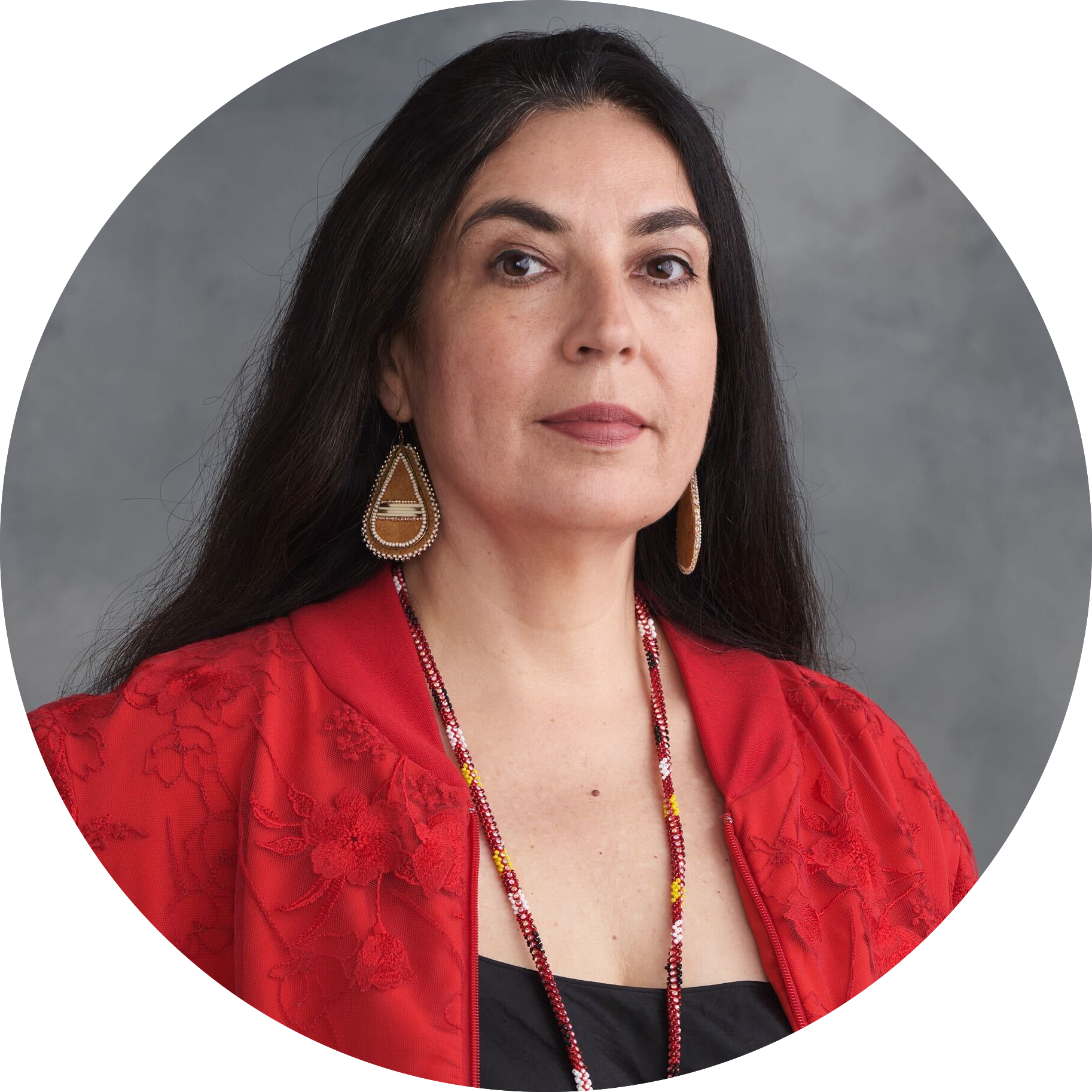
B.C. Supreme Court rules logging company can’t claim financial losses due to conservation
Forestry giant Teal sued for $75 million in compensation after old-growth trees on Haida Gwaii...
At a 2012 Paddle for the Peace event the new federal Justice Minister Judy Wilson-Raybould said the destruction of the Peace Valley for the contentious Site C dam threatens Canada’s reputation on the world stage.
In a video recently published on the Common Sense Canadian, a site co-founded by Rafe Mair and documentary filmmaker Damien Gillis, Wilson-Raybould said Canada’s “reputation is at stake with approval of these projects like Site C, like the Enbridge pipeline.”
“Our reputation as a caring and considerate environmentally friendly nation internationally is going to be questioned,” she said. “Running roughshod over aboriginal treaty and rights, including treaty rights, is not the way to improve that reputation.”
Some Treaty 8 First Nations in B.C. are vocally opposed to the Site C dam, which will flood more than 5,000 hectares of farm land, swamp indigenous archaeological sites and permanently destroy land First Nations use for hunting, fishing and collection of traditional medicines.
, signed in 1899, states First Nations have the right to continue their traditional way of life, including the right to hunt, trap, fish and forage, “for as long as the sun shines, the grass grows and the rivers flow.”
Wilson-Raybould, MP for Vancouver-Granville, was celebrated last fall for being Canada’s first indigenous minister. The daughter of B.C. First Nations leader Bill Wilson, Wilson-Raybould’s professional background includes high-profile positions such as regional chief of the B.C. Assembly of First Nations.
In a public mandate letter to the minister, Trudeau emphasized the importance of repaired federal relations with Canada’s indigenous peoples:
“No relationship is more important to me and to Canada than the one with Indigenous Peoples,” the Prime Minister stated. “It is time for a renewed, nation-to-nation relationship with Indigenous Peoples, based on recognition of rights, respect, co-operation, and partnership.”
Permits for Site C construction were granted under the previous federal government and, as DeSmog Canada first reported, at least 14 of those permits were quietly granted during the writ period of the last federal election.
Four court cases initiated by Treaty 8 First Nations and the Peace Valley Landowners Association are still in the courts.
Earlier this month Wilson-Raybould told a Victoria audience she sees no conflict between her past protest and her current position as minister of justice.
“Everything I do as the Member of Parliament for Vancouver-Granville and as the minister is rooted in my values and my principles, rooted in the mandate the prime minister gave me and the rule of law, and ensuring the Charter of Rights and Freedoms is dealt with,” she told reporters at a Liberal policy convention.
The minister added she was “proud” to have attended an annual Paddle for the Peace gathering with opponents of the project.
“With respect to Site C, I understand the tremendous opposition to moving forward,” she added.
When pressed on the 2012 video, Wilson-Raybould’s spokesperson Joanne Ghiz told the Globe and Mail the project was approved by the former federal government and that BC Hydro, the project proponent, must comply with legally binding conditions. Ghiz added a project appeal is currently under examination.
Chief Roland Willson of the West Moberly First Nation said letters opposing the project on treaty grounds have been sent to Trudeau’s cabinet.
“I have to believe in my heart they are seriously considering it. They have to understand the process was severely flawed,” he told DeSmog Canada in a former interview.
“They can’t talk about a new enhanced relationship and start stabbing their fingers in our eyes…There’s no doubt it’s an infringement of treaty rights,” he said.
Many had hoped the new federal government would give treaties greater weight in decisions about major resource projects.
In February, a coalition of organizations from across Canada, including Amnesty International and the David Suzuki Foundation, urged Prime Minister Justin Trudeau to halt construction of the Site C dam, saying the project violates Treaty 8.
“Our organizations are profoundly concerned that construction of the Site C dam is being pushed ahead despite the conclusion of a joint federal-provincial environmental assessment that it would severely and permanently undermine indigenous peoples’ use of the land; harm rare plants and other biodiversity; make fishing unsafe for at least a generation and submerge burial grounds and other crucial cultural and historical sites,” an open letter released by the coalition said.
“The people of Treaty 8 have said no to Site C. Any government that is truly committed to reconciliation with indigenous peoples, to respecting human rights and to promoting truly clean energy must listen.”
Content for Apple News or Article only Get the inside scoop on The Narwhal’s environment and climate reporting by signing up for our free newsletter. This...
Continue reading
Forestry giant Teal sued for $75 million in compensation after old-growth trees on Haida Gwaii...

An Alberta government-commissioned report suggests oil and gas site companies may be able to install...

This story about a lawsuit involving First Nations in northern Ontario has deep roots — in...

